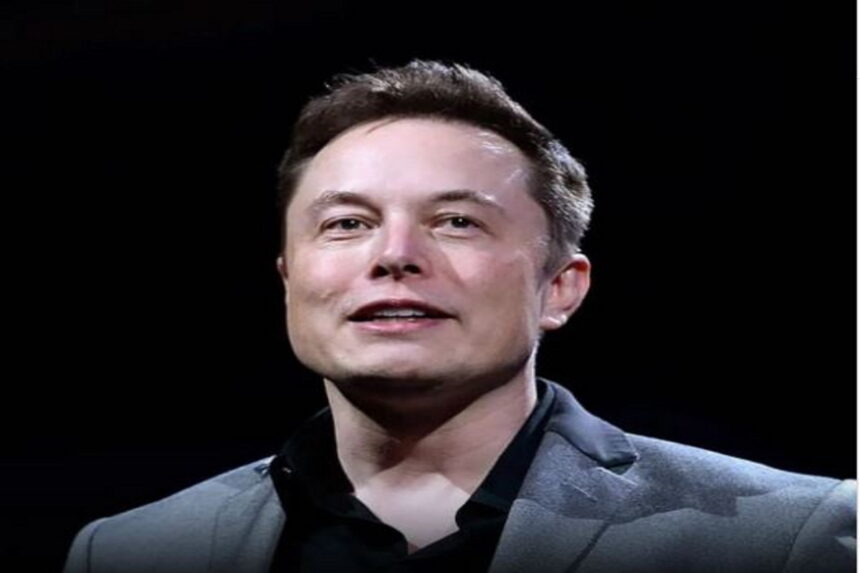Elon Musk’s calculated investment in Donald Trump’s recent election campaign may just pay off big in his wide array of business ventures. Having invested roughly $130 million to help turn the tide of victory to Trump, Musk set in concrete an alliance that could bring in regulatory and financial rewards from Trump for his companies. Now that Trump is in office, the tech mogul could receive everything from lax regulations to capturing government contracts across all of his ventures.
No surprise, Musk sides with Trump, with both invested in cutting government interference and upping “efficiency” in federal processes. For Musk, this deal could mean a friendlier policy environment, less regulatory pushback, and lucrative contracts. Here is how companies led by Musk might benefit from the entrepreneur’s high-risk bet on Trump’s winning.
SpaceX and Starlink: Positioned for Government Contracts
SpaceX and its satellite internet branch, Starlink, are positioned to benefit the most from a Trump presidency. The previous administration had SpaceX under some regulatory scrutiny-most notably from the FAA, which fined the company recently over issues with rocket launches. Musk has shown frustration with the FAA, viewing Trump’s administration as more of an ally in terms of minimizing government interference.
Trump had already praised the work Musk is doing at SpaceX, citing advances in space technology and deployments of Starlink satellites. What Musk probably wants from a second Trump term is regulatory relief and more federal contracts across his companies.
The administration is considering pouring more money into connectivity to reach out to rural areas and Starlink fits into that mold. The Administration’s $42 billion broadband fund opens up a spending spigot whereby Starlink would be seen as an investment just a subsidy recipient or proven product/project.
Beyond the prospect of direct funding, the reduced bureaucratic barriers to SpaceX’s future launches and missions could give Musk greater latitude in his operations. The potential for Trump to name sympathetic officials to oversee regulatory agencies means that SpaceX faces more benign regulatory conditions and can be helped in its quest for competitiveness.
X: Relieving the Regulatory Burden
Musk’s $44 billion purchase of Twitter he has since rebranded X-placed the platform under closer scrutiny from the FTC. There are many questions regarding the company’s adherence to the regulations on privacy. This is after Musk cut the teams entrusted with privacy and security issues. With Trump’s support, Musk seeks to free X from some of the regulatory squeeze in his desperate bid for greater control of the platform sans agencies such as the FTC looking over his shoulder.
He has also threatened to replace some of the regulatory officials who have conflicted with his approach to data privacy. If Trump’s administration reverses its course on privacy regulations, that would give X more room for leeway in user data processing and content moderation. In that case, Musk would have more latitude to pursue monetizing the platform and possibly deploying newer technologies with less regulatory interference.
Trump’s vice president, JD Vance, once applauded FTC Chair Lina Khan as she took a hard stance on monopolies. However, Musk’s influence within a Trump-led administration may mean those policies would drift toward favoring big tech companies, such as his own. A lax regulatory environment would find Musk able to force through innovations at X free from compliance issues that have hampered his plans in the past.
Tesla and the Future of Electric Vehicles
The policy change by Trump could also greatly benefit Tesla, an electric vehicle company of which Musk is the owner. The Biden administration has pushed to issue tax credits for electric vehicles as a way to make automobiles more affordable for the average American. While such credits certainly benefit Tesla, Musk once expressed reservations about government subsidies. With Trump, Musk just might have an ally in reshaping federal EV policies to his business approach.
The tariff policy of Trump also has the potential to affect Tesla’s competitive environment. He has threatened to increase the tariff on foreign-made EVs, which would make foreign manufacturers less competitive in the US market. While it may also have the effect of increasing the prices of imported vehicles, this would surely be helpful for Tesla due to reduced competition.
On the other hand, however, there is a risk that Trump’s approach would escalate trade tensions with China, the biggest tech-producing country, and could ultimately hurt Tesla’s supply chain, especially for batteries and chips.
This has kept Tesla’s autonomous driving technology in general, and the FSD mode in particular, very much under scrutiny on the regulatory front. Musk having Trump’s ear on regulatory issues may mean lighter regulations on self-driving technology, allowing Tesla to advance its research and deploy robo taxi fleets earlier than expected.
Trump’s emphasis on “government efficiency” might just give Tesla an open field to advance its autonomous driving technology with not too many regulatory handcuffs, thus creating an advantage against competition like Waymo and Cruise.
Neuralink and Boring Company: More Future Opportunities for Expansion
Two other lesser-known Musk companies are Neuralink and Boring Company, both of which might also benefit from a surge in their fortunes under Trump. Neuralink is Musk’s brain-interface company that has suffered some delays due to strict FDA requirements.
Musk has complained that these regulatory processes are holding back innovation in the health technology sector. With Trump at his back, Musk may lead a push for fast-tracking FDA approval processes that could quicken projects within Neuralink.
Trump’s view of “government efficiency” may be just what finally opens doors for Neuralink. It may mean more direct access to scaling up its research and testing with fewer hindrances. A friendlier regulatory environment may speed up the pace of Musk’s vision of human-computer integration, with investors shyly coming out of the woodwork and boosting Neuralink’s profile.
Similar setbacks in cities where it tried to develop a system of tunnels befell Musk’s own transport and infrastructure initiative, The Boring Company. Its projects, such as the Hyperloop, have faced stiff regulations and concerns for safety.
The Trump administration may make policies to clear obstacles to large infrastructure projects, thus favoring an opportunity for a government contract with the Boring Company. With federal support, Musk’s dream of high-speed transit could gain momentum, with the Boring Company taking up projects that were facing a little too many bureaucratic hurdles.




